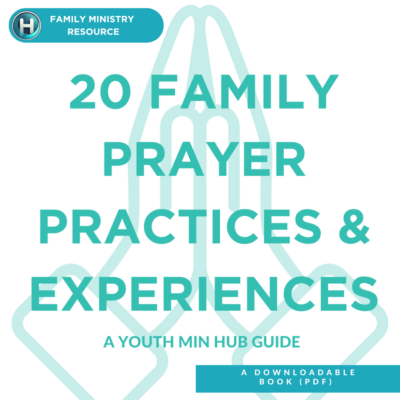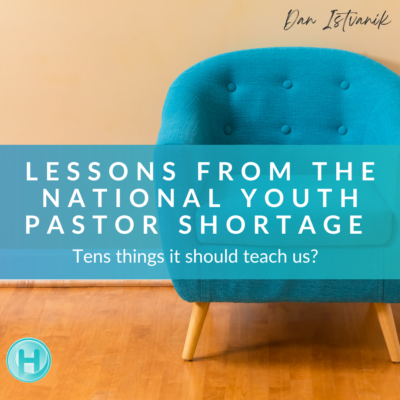Youth Ministry Resources, Youth Ministry Thoughts
Love & Youth Ministry Work
LOVE & YOUTH MINISTRY WORK!? I recently heard Marcus Buckingham speak at the Global Leadership Summit about his idea of “Love and Work.”
I was able to tune into a live interview with Marcus a few months before hearing him speak live, and I was intrigued by his thoughts and research. He was part of the research and creation of “Strength-Finders,” so his new book further piqued my interest. After reading his book and listening to further interviews and podcasts, I would like to offer a few youth ministry thoughts based on his ideas.
Love and Work” offers several concepts that can benefit a youth pastor. Here are few quick reflections:
Marcus Buckingham’s ideas from *Love + Work* is highly focused on identifying what you love and aligning that with your work, as well as understanding how to use your strengths best.
Finding What You Love
Identify passions: Reflect on the specifics of your ministry that energize you. Think about what you LOVE—leading small group discussions, teaching, counseling, or organizing events. Buckingham emphasizes finding your “red threads”—those activities you LOVE. For you, this might mean focusing more on the relational aspects of ministry or developing creative teaching methods that resonate with your students.
Integrating LOVE into Your ministry: Once identified, you can integrate more of what they love into their ministry roles. If your passion lies in discipleship, you could focus more on mentoring young leadres. If you love community outreach, organize events that bring youth outside the church walls to serve others.
Strengths-Based Leadership
Maximize strengths: Buckingham’s strengths-based philosophy encourages people to work in their areas of greatest strength. You should identify their strengths and delegate or seek help in areas where you are not as strong. If you are an excellent teacher but struggle with administration, empower volunteers or gifted staff members in that area.
Help students find their strengths: You can also apply this principle by helping your students identify their own strengths and passions. This can help the them to serve in areas where they are most likely to thrive, encouraging them to find joy in their faith journey and church involvement.
Creating Personalized Relationships
Tailor your leadership: Buckingham teaches the idea of leading by understanding your individuality. For a youth pastor, this means getting to know students and then adapting your approach based on their needs, personality, and learning style. (see my previous post) This can help build deeper relationships and foster trust.
Customized mentorship: Some of your students may need more one-on-one mentoring, while others thrive in group settings. Understanding these differences can help youmore effectively disciple and engage their students.
Sustaining Joy in Work
Avoid burnout: Buckingham emphasizes the importance of LOVING your work to prevent burnout. Youth ministry can be exhausting, and without nurturing personal passions, you will become overwhelmed. Building rhythms of self-care, delegation, and focusing on life-giving tasks can sustain your energy.
Empower your team: By aligning your work with their strengths and delegating effectively, you can create a more joyful and sustainable ministry culture for yourself and your teams. This also creates a ministry environment where volunteers and other staff feel valued and empowered, which fosters a healthier overall ministry.
**QUICK RESOURCE REVIEW: I love this book and would highly recommend it to anyone in any work setting, but I feel it is outstanding for youth pastors in our current environment of struggle, burnout, and quitting. This book can help you create a more fulfilling and effective ministry that benefits your personal growth and nurtures the spiritual development of the students you serve.
> CHECK OUT THE BOOK AND MORE ABOUT “LOVE & WORK”




